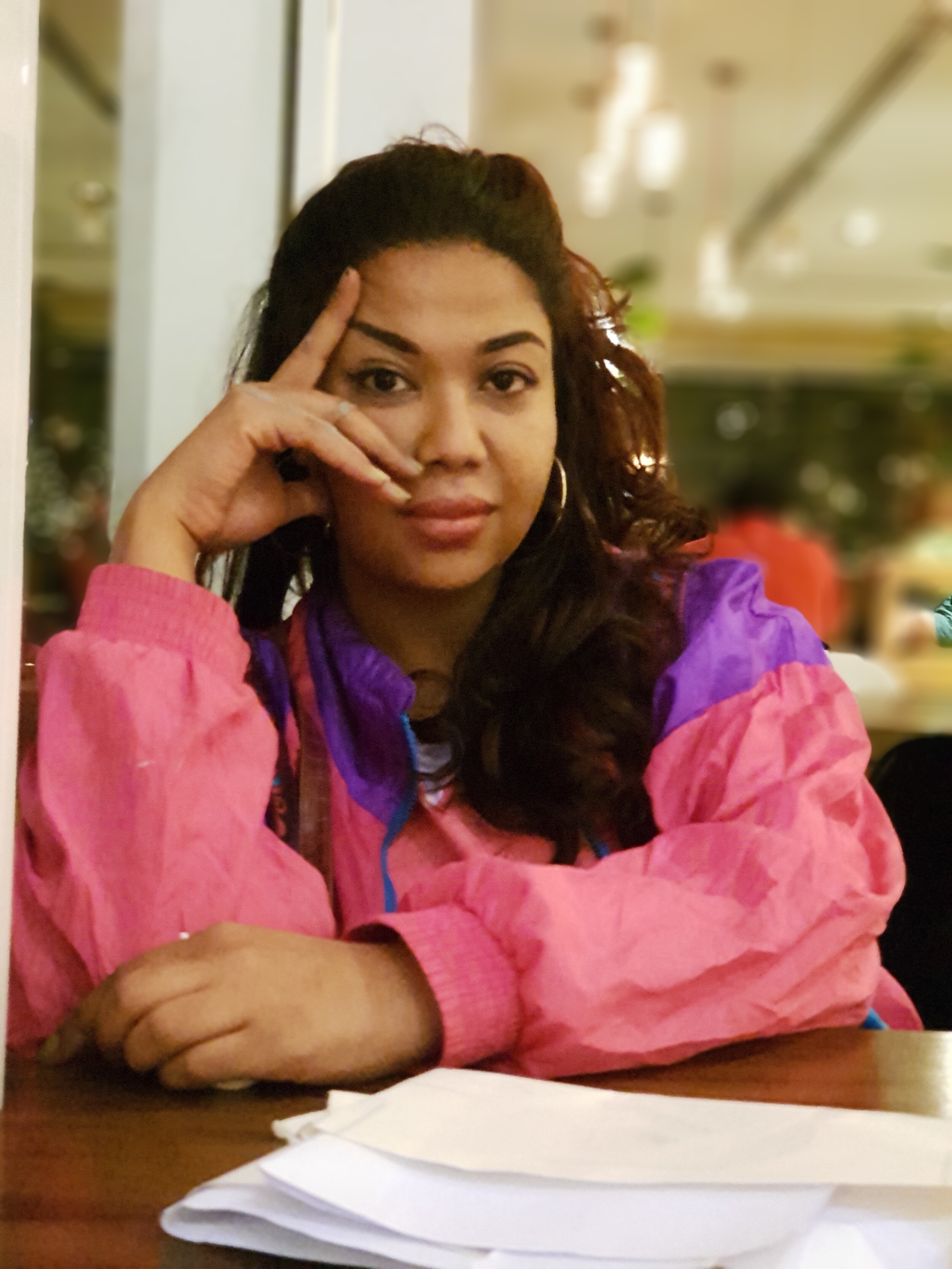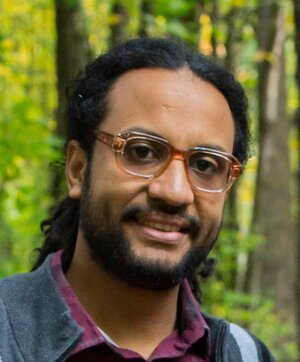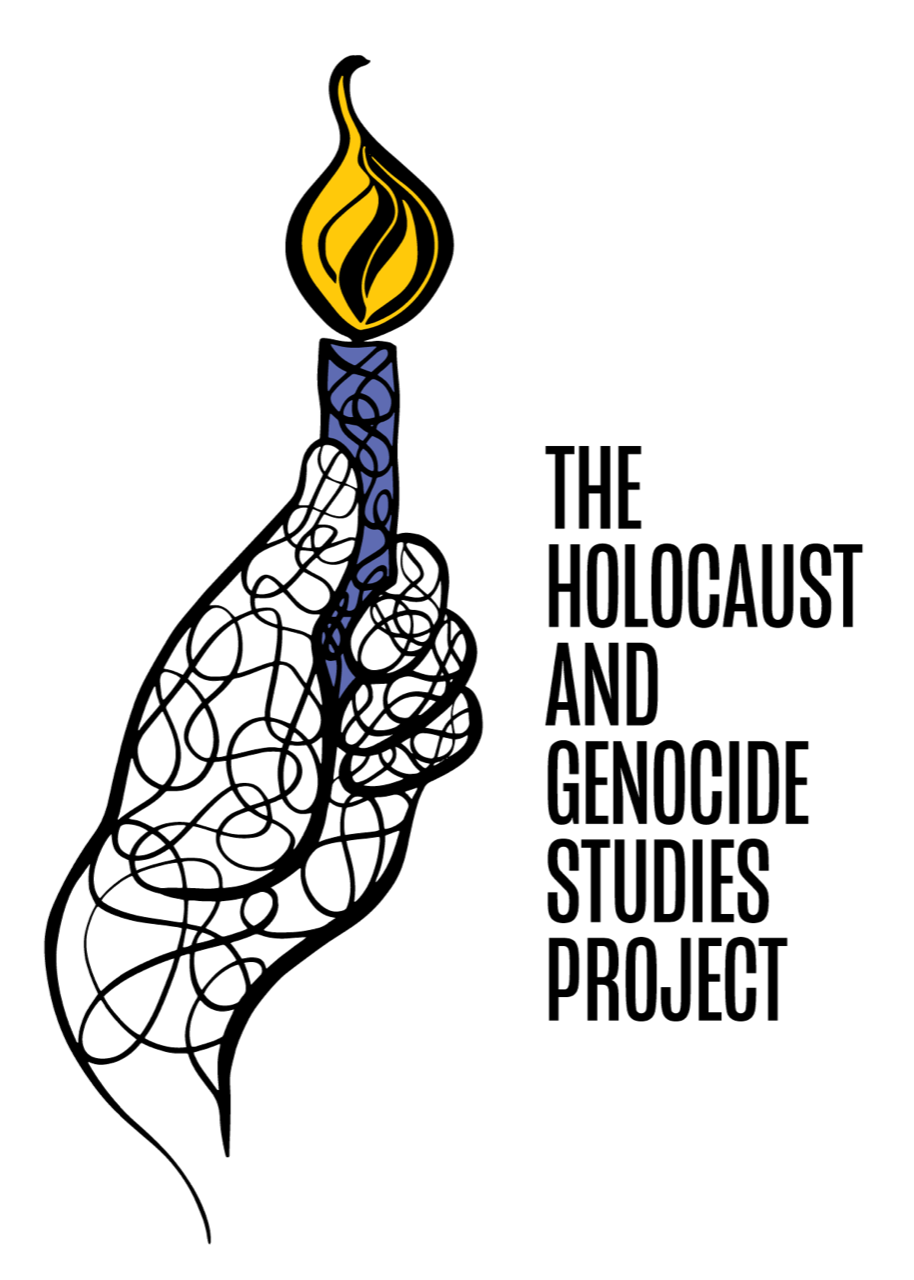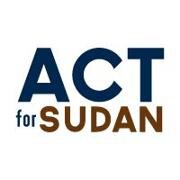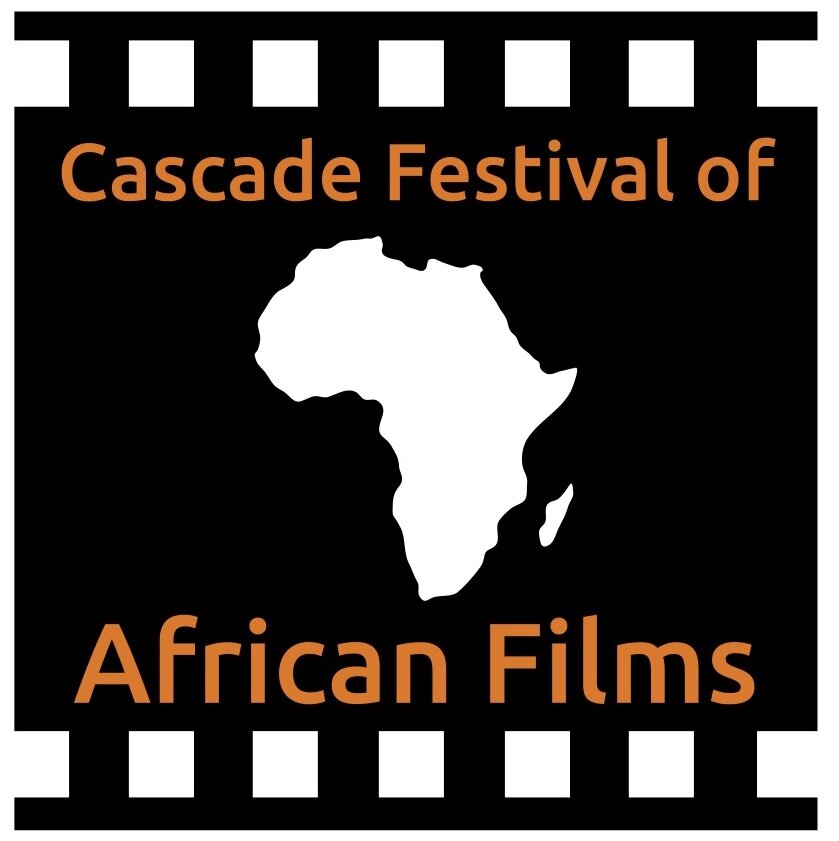I AM BISHA + ART & ACTIVISM PANEL
Saturday, July 18 at 10am PDT - Live panel discussion
Watch the short film I Am Bisha anytime during the month of July and join director Roopa Gogineni in conversation with political cartoonist Khalid Albaih, artist Assil Diab, musician Usif Idriss and human rights defender and political activist Rudwan Dawod .
I Am Bisha: The Rebel Puppeteers of Sudan (2018, USA/Kenya) dir Roopa Gogineni What options do victimized populations have left when faced with a genocidal oppressor? One brave young Sudanese artist offers an answer in this short film directed by Roopa Gogineni. Ganja, the 26-year-old pacifist son of a rebel commander, travels across the Nuba Mountains of Sudan with a puppet of the dictatorial president Omar al-Bashir. In his performances, some of which include the participation of villagers, he satirizes “Bisha” and his ruthless and corrupt political dealings. Not only does he provide a modicum of hope and joy to the villages that have been ravaged by the Sudanese government’s bombs, but with his webcasts of the performances, he keeps the spirit of resistance alive.
Rising Up: Sudan will include performances, conversations and films to bring audiences together to witness, celebrate, and amplify the perspectives of communities in Sudan and its diaspora.
Panelist for the discussion include political cartoonist Khalid Albaih, artist Assil Diab, musician Usif Idriss and human rights defender and political activist Rudwan Dawod in conversation with director Roopa Gogineni.
Roopa Gogineni is a filmmaker and photographer based between Nairobi and Paris. Over the past ten years her work has focused on historical memory and life amidst conflict across East Africa. She holds an MS in African Studies from the University of Oxford, where she researched the construction of media narratives around Somalia. Her projects have documented political satire in Sudan, investigated the origins of piracy in Somalia, and followed the historic Mau Mau case against the UK government for colonial-era abuses in Kenya. To see her films and photographs please visit roopagogineni.com.
Born in Romania in 1988, Assil Diab is a well-known Sudanese graffiti artist, graphic designer and visual artist based in Doha, Qatar. Known as “Sudalove,” she is the first female graffiti artist emerging from Sudan and Qatar. Assil graduated from Virginia Commonwealth University (VCU) in 2011 in Richmond, Virginia – USA with a Bachelor of Fine Arts Degree in Graphics Design and has since worked as a freelance graphic designer and graffiti artist, designing logos and branding for companies as well as commissioned to paint the walls of restaurants, cafes, shops and businesses. In addition to spray painting on the walls of Sudan and Qatar, Assil's artwork has also been exhibited in Bahrain, Germany, Bangladesh, and the USA. Her work has also been published in books, including Artisans of the Middle East and “Dreesha”. She's been featured on various news shows, programmes and publications including BBC, CNN, Al Jazeera, The Mantle, Voice of America, BuzzFeed, The New Arab, De Volkskrant (Netherlands), Deutsche Welle TV (Germany), Agency Agi (Agenzia Giornalistica Italia), She Leads Africa, Asia Times, Omvarlden (Sweden), Radio Monte Carlo, and more. One of Assil's most acclaimed work is her recent project, “Martyrs Graffiti”, where she traveled to Sudan during the Sudanese revolution, which began in December 2018, to paint murals of the martyrs who were killed by government forces. She painted at least 30 martyrs on the walls of their respective homes to honor and pay tribute to their martyrdom.
Romanian born, Qatari raised, Sudanese artist and political cartoonist, Khalid Albaih currently lives and works in Copenhagen, Denmark where he is the International Cities of Refuge Network (ICORN) PEN Artist-in-Residence. He is the 2018 inaugural Soros Arts Fellow for the Open Society Foundation and was the 2016 Oak Fellow at the Oak Institute for the Study of International Human Rights at Colby College in Maine. Based in Doha, Qatar since 1990, Albaih worked as the Head of Public Art for Qatar Museums Authority. Albaih publishes his cartoons on social media under the name “Khartoon,” a pun on his hometown and the capital city of Sudan. His cartoons have appeared in the New York Times, the Atlantic, National Public Radio, and the BBC, and his social and political written commentary has been published in The Guardian, CNN, and Al Jazeera, among others. Albaih's work has also been exhibited around the globe, including in the United States, Canada, Belgium, Germany, Qatar, India, and Japan. Albaih is the founder of both @DohaFashionFridays and the Khartoum Art + Comics Library and is also an instrumental figure in the artist collective, CULTURUNNERS. Recent exhibitions of Albaih's work include The Art of Resistance at the Power of Art House, Amsterdam (2019), #Crowdsourced at Katara Art Center, Doha (2017), and @Khartoon!-@khalidalbaih at the Harvard Center of Middle Eastern Studies in Boston (2016).
Born in Tripoli, Libya, to Sudanese parents, Usif Idriss spent his later childhood in Khartoum, Sudan, where he studied 'Oud (the Arab lute) and began his continuing journey through the region's musical traditions. In his adolescence, Usif's family moved to Egypt's cosmopolitan capital, Cairo, affording Usif the opportunity to immerse himself in the musical traditions of more distant shores. Finding that the music of Jamaica and its echoes throughout the world resonated with him, Usif has spent the last decade and a half becoming versed in reggae. Combining musical and lyrical inspiration from his youth in Khartoum with the exposure and experience gained in the venues of Cairo, Usif is developing a subgenre of reggae for a globalized world. That genre and movement, called Umreggaega, seeks to bring to light an ideological and spiritual home for reggae music within Northeast Africa and the Arab World which is harmonious with the worldviews of its peoples. Usif combines traditional reggae grooves with lyrics variously inspired by a rich tradition of Sudanese Islamic mysticism, messages of cooperation, peace, and empathy, and social commentary imploring people to instead struggle with our biggest enemies - our own selves and the devils that taunt us - as a first step towards realizing the world we seek.
Brought to you by:


